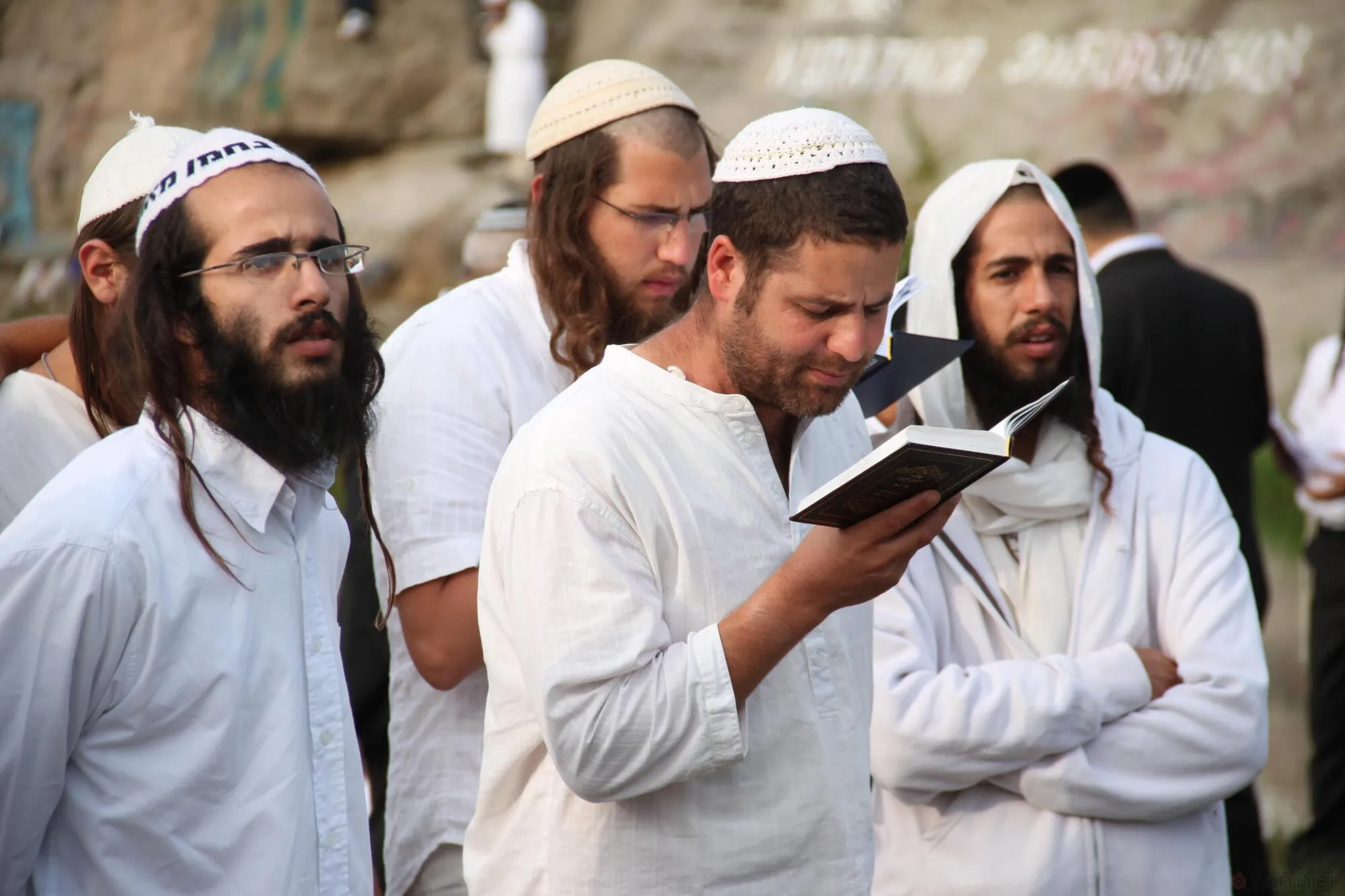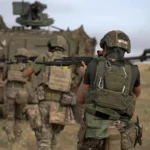Recently, Moldova made a decision that may affect thousands of pilgrims from Israel who annually travel to Ukraine. According to media reports, Chisinau has denied permission for around 15,000 pilgrims who planned to travel to Uman to celebrate Rosh Hashanah – the Jewish New Year. This decision has posed a real challenge for the Hasidic Jews who traditionally visit the gravesite of the tzaddik Nahman in Uman.
Plans Ruined, but Hope Exists: New Routes
What does this mean in practice? Israeli tourism companies that organized charter flights to Chisinau have already started refunding tickets. This has been a serious blow to the thousands of pilgrims who annually visit Ukraine through Moldova.
However, the situation is not hopeless. Tourism companies are actively seeking new routes. Among the options are journeys through the airports of Romania and Poland. Although this may lengthen the journey and make it more complicated, for many pilgrims, it still remains a possible way to reach Uman.
Uman: A City That Changes Every Year
Every year, Uman hosts tens of thousands of Hasidic Jews – representatives of one of the streams of Judaism. They gather in this Ukrainian city to celebrate Rosh Hashanah, which falls on October 2-4 this year. This is a special place for pilgrims because it is where the grave of Rabbi Nahman, the founder of Bratslav Hasidism, is located.
Imagine a city that transforms beyond recognition in just a few days. The streets of Uman are filled with thousands of people from different countries who come with one purpose – to celebrate the New Year in a place that holds deep spiritual significance for them. For several days, Uman becomes an international center of pilgrimage, dramatically altering the city’s atmosphere.
Why Did Moldova Refuse?
It seemed like everything was going smoothly. However, this year Moldova decided to deny transit through its territory. Although there are no official statements regarding the reasons for this denial yet, it can be assumed that it is related to security issues and the political situation. Against the backdrop of the war in Ukraine and heightened security risks, Moldova may have decided to err on the side of caution.
Such decisions often cause dissatisfaction among both pilgrims and local residents who are accustomed to the annual influx of tourists. For pilgrims, it means complexity; for local businesses, it means loss of clients and revenue.
What’s next?
The ban on transit through Moldova has posed a challenge, but pilgrims will likely find other ways to reach Uman. Travel organizers are already exploring alternative options, and although the situation currently appears complex, the celebration of Rosh Hashanah in Uman is still likely to take place.
The question is only how much these changes will complicate the journey for the thousands of people who come to Ukraine every year. However, as past experiences show, pilgrims are usually willing to overcome long distances and difficulties to reach their destination.
The Hasidim persist
Despite all the challenges, pilgrims continue their tradition. Every year, Uman becomes a meeting point for tens of thousands of people from around the world. And although the route to the holy city will be more difficult this year, the spirit of the pilgrims remains unchanged.
The question is only what challenges lie ahead and how the Hasidim will deal with them this time.


